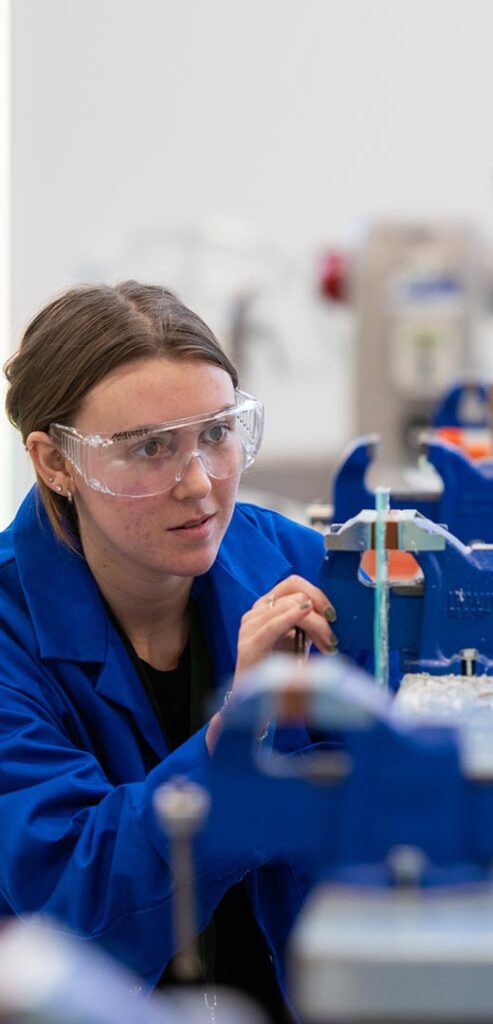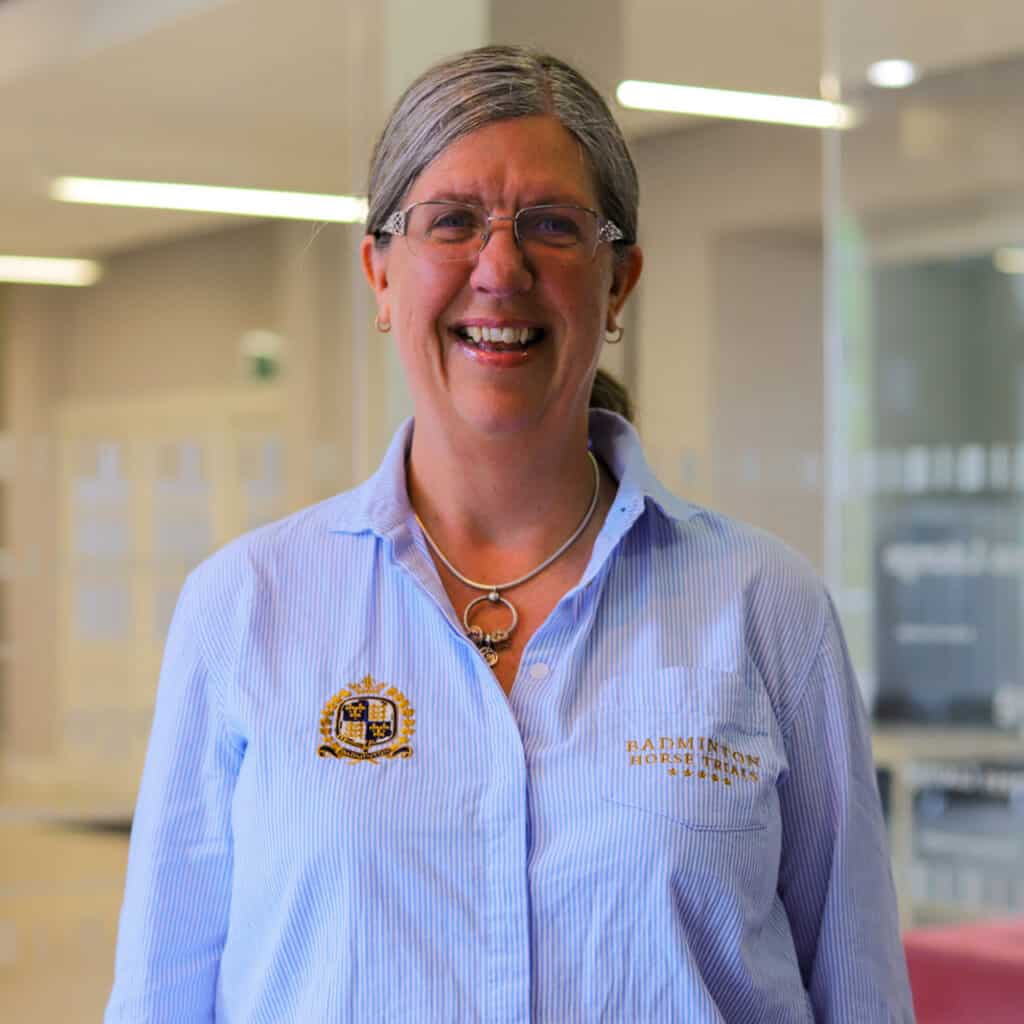Ada Lovelace inspires STEM stories at Chichester

The Ada Lovelace day – held on 10 October – aims to raise awareness of the successes of women in STEM subjects. It also celebrates Ada (1815-1852), who is known for her work on Charles Babbage’s computer and is considered to be the world’s first computer programmer.
Here, we asked two of lecturers working in STEM subjects (science, technology, engineering and maths) at the University of Chichester to tell us more about their inspiration and achievements.
Senior lecturer Karen Nanson is programme lead for the BSc (Hons) Mathematics and Secondary Teaching degree.
Hi Karen, what made you want to become a lecturer in maths teaching?
I have always enjoyed maths. I studied here at the University of Chichester for a BA (Hons) Mathematics and Teaching. Once I graduated, I worked as a classroom teacher, where I became involved in supporting trainee teachers. This role evolved and when the opportunity arose to work for the university as a senior lecturer in mathematics education I jumped at the chance. My theory was that if I could inspire future mathematics teachers to help young people enjoy and become excited about mathematics, that would be even more beneficial.
You’re obviously very dedicated. Are there any particular moments that bring you happiness?
I love to see the joy and excitement when students really understand what they are doing, and know how and why things are interconnected mathematically; the lightbulb moment. I think it is such a shame that there is often an anxiety associated with learning mathematics and I am always delighted when, as a result of effective teaching, children are able to overcome this and begin to be excited about their own mathematics learning journey.
It sounds like you are an inspiring teacher yourself, but was there anyone who motivated you?
I have been inspired by many female role models. For example, the pioneering work of Katherine Johnson, the combined work of the female Bletchley Park code breakers, Marie Curie and Anne-Marie Imafidon, the founder and CEO of the Stemettes.
How have you furthered your career here at the university?
Within the last years years I have taken on responsibility as programme lead and have been responsible for re-designing it to meet the ever-changing needs of education. I am very proud of the programme and how we are able to inspire future generations of mathematics teachers, who in turn can inspire hundreds of children to love and engage with mathematics.
Why do you think it’s important for girls to study STEM subjects?
Historically, women have played crucial roles in STEM, although this is often overlooked and not celebrated in the way it should be. It is so important that young girls develop a love for STEM subjects from a young age, and to have an interest in understanding the world around them. They might then go on to be the pioneers of our future and help to shape and develop the future world around them and us.

Jenny Smith, reader in Performance Psychology, is also an HCPC registered Sport and Exercise Psychologist who specialises in optimising performance and wellbeing. She has a special interest in drowning prevention and has provided research for the Royal National Lifeboat Institution (RNLI) and Royal Life Saving Society UK (RLSS UK).
What made you want to work in your field? Did you have a particular person who inspired you?
Dr Tim Holder supervised my early work and I loved hearing about his work in elite sport. I wanted to be able to work with athletes to help develop performance, well-being and mental health.
Then my early research was inspired by Professor Mike Tipton who helped me develop my research in drowning prevention. I am more motivated than ever to save lives because anyone can drown – nobody should.
How did you get into your field and further your career?
Mike is a pioneer of research in this field and I was lucky enough to work with him to help understand lifeguards’ hazard detection skills. Mike had been developing fitness standards for beach lifeguards and I wanted to know more about the surveillance side of the lifeguard’s role so our skill sets came together to form a really interesting programme of research. Since then I have worked with other amazing scientists to research factors that underpin lifeguard expertise and have always enjoyed working alongside other women in STEM including Catarina Queiroga and Amy Peden, who are also both drowning prevention specialists.
Why do you think it’s important for girls to study STEM subjects?
It’s important for girls to study STEM as it can help provide such an interesting and varied career. There are wonderful teams to work with and it allows you to be creative, solve problems and make a real difference to society.





